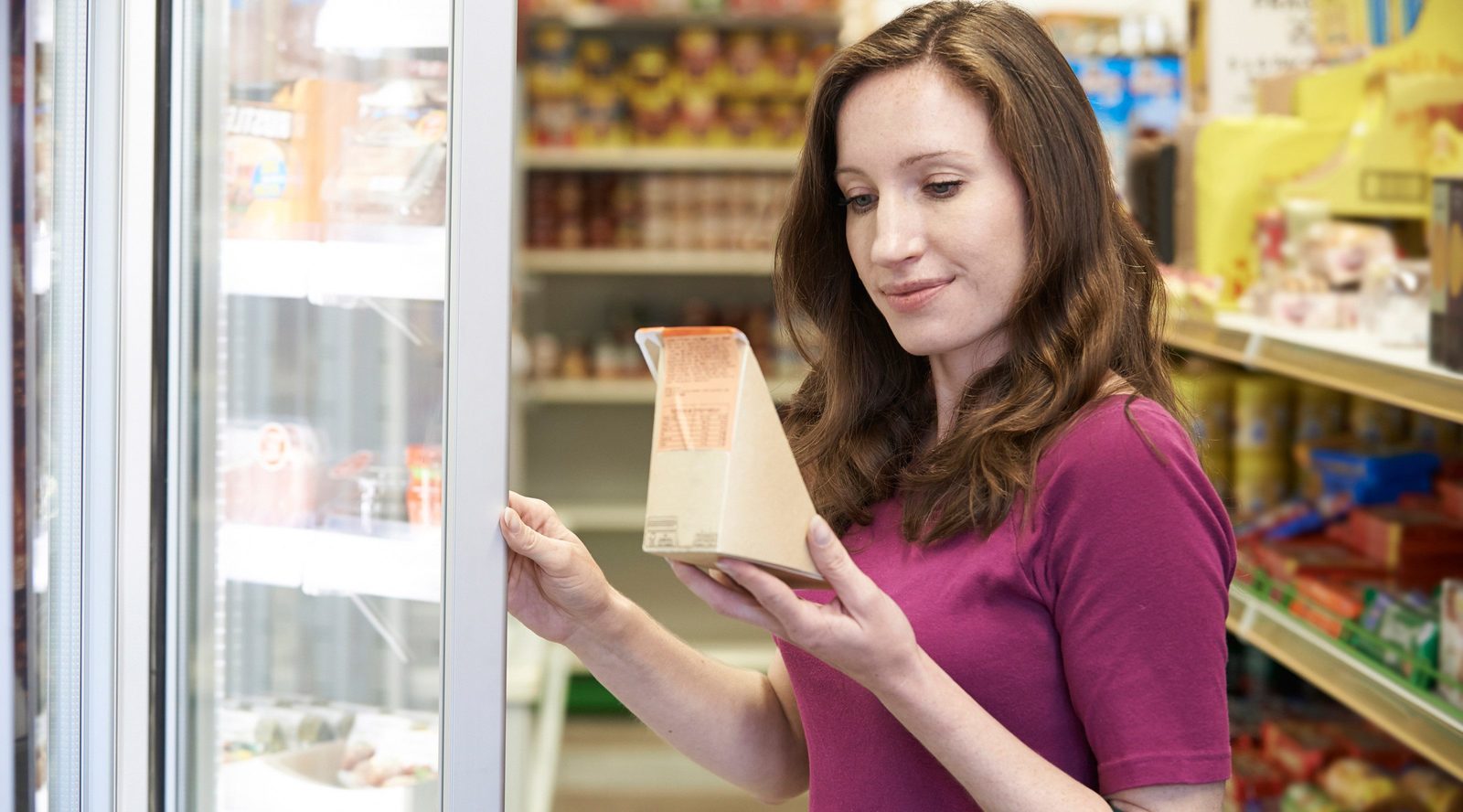 Promotions such as meal deals could render the sugar tax meaningless, a new study by The Independent has found.
Promotions such as meal deals could render the sugar tax meaningless, a new study by The Independent has found.
From April the Government will be implementing a tax on sugary drinks, which will increase prices by 14p for 500ml bottles, and 58p for two-litre bottles.
However, a study by The Independent has found students decide what to buy in a meal deal based on cost in the hope of getting a bargain.
In the study, students chose the most expensive drink as part of the meal deal to maximise the cost benefit, despite knowing the associated health risks.
The Independent has suggested three options going forward:
- Add the sugar tax to the price of the meal deal when a full-sugar drink is chosen
- Take sugary drinks that are taxed out of the meal deal
- Do nothing and risk encouraging people to choose the full-sugar version.
You may also enjoy:
-
Coca-Cola points to sugar tax as the reason behind its price rise
-
Action on Sugar calls for 20% sugar tax on all confectionary.
Sugar tax success
Announced in April 2016, the sugar tax has encouraged many manufacturers to alter recipes and bring down sugar levels.
Places that have already implemented the sugar tax, such as Mexico and Berkeley, California, have reported that the higher price does encourage consumers to drink less.
‘What we appear to have seen here is evidence of positive action from soft drink manufacturers to reduce the amount of sugar in their products, which in turn will hopefully see a positive effect on the nation’s oral health,’ president of the British Society of Dental Hygiene and Therapy (BSDHT), Helen Minnery, told Dentistry.co.uk.
‘Every year, more than 40,000 children have decayed teeth removed under general anaesthetic, this is heart-breaking.
‘It is clear that food and drink manufacturers who produce sugar-filled products have a responsibility to protect their customers and the prospect of a “sugar tax” has finally resulted in them making the necessary changes to address this responsibly.
‘We hope that it continues and makes real difference to the state of the UK’s oral health.
‘We are optimistic that the actions made by manufactures can result in less people entering dental practices, as well as A&E departments, with shocking levels of sugar-related problems.’


